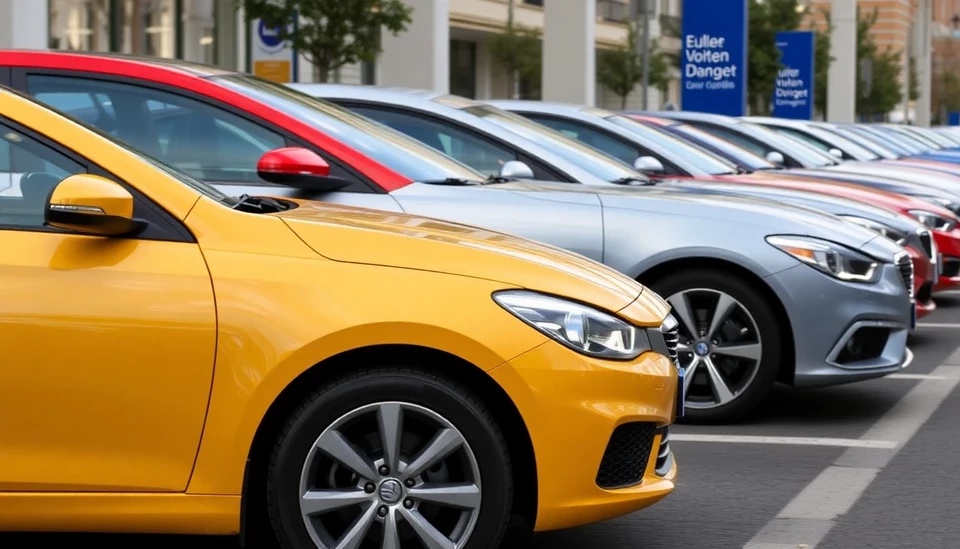
In a surprising turn of events, the latest data reveals that car sales across Europe have significantly declined, showcasing the impact of escalating economic uncertainty and rising living costs on consumer behavior. With manufacturers grappling with challenges, the automotive sector is facing one of its toughest periods in recent memory.
As reported, new car registrations have experienced a drop of over 15% in the first quarter of the year, reflecting a concerning trend that is resonating through the industry's supply chain. This downturn, unprecedented in its intensity, has raised alarms among analysts who point to consumer hesitance fueled by economic instability and surging inflation rates.
Many potential buyers are now weighing their options more carefully, opting to delay purchases due to soaring interest rates and increased costs of living. Households are tightening their belts, prioritizing essential spending over luxury items, with the automobile increasingly seen as a non-essential expense. Dealerships across the continent report a stark rise in unsold inventory, signaling a disconnect between supply and demand in the market.
The situation is exacerbated by ongoing supply chain disruptions, which have caused delays and increased prices for components, further straining manufacturers. Major automotive companies are now contending with high operational costs while facing diminished sales figures, prompting some industry leaders to re-evaluate their production strategies and market forecasts.
In response to these challenges, many manufacturers are aggressively pursuing innovations and alternative financing options to attract buyers. Electric vehicle (EV) manufacturers are particularly affected, as their market growth relies heavily on broad consumer acceptance, which seems to be waning in the current economic climate.
The European economy faces many headwinds, with energy prices fluctuating and geopolitical tensions creating an unpredictable landscape. As a result, economic projections suggest that consumers will remain cautious in their spending behavior in the coming months, and the car sales figures may not improve without a significant shift in the economic landscape.
While some experts hold out hope for a rebound as conditions stabilize, the road ahead for the automotive sector appears fraught with hurdles. The challenges faced by the industry underline the intricate relationship between consumer confidence and economic conditions, making it clear that addressing economic uncertainty will be crucial for reviving car sales across Europe.
This downward trend in car sales serves as a sobering reminder of how external factors can swiftly alter the fortunes of an entire industry. As the automotive market grapples with these evolving dynamics, all eyes will be on not just car manufacturers, but the broader economic indicators that will shape consumer confidence moving forward.
As the scenario unfolds, stakeholders within the car manufacturing and sales sectors will be hoping for a resurgence in demand, fueled by improved economic conditions and renewed consumer optimism.
For now, the European car sales market stands as a vivid illustration of the interconnectedness of economic health and consumer behavior, a reminder that even a powerhouse sector like automotive can be vulnerable to the whims of the economy.
#Europe #CarSales #EconomicUncertainty #AutomotiveIndustry #ConsumerBehavior #EVs #MarketTrends #Inflation
Author: John Harris




